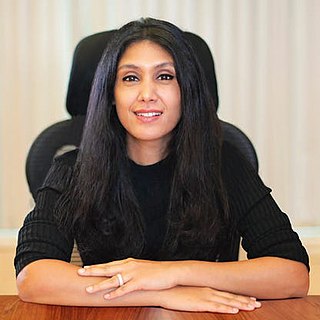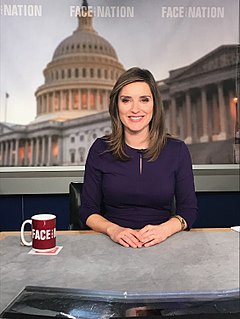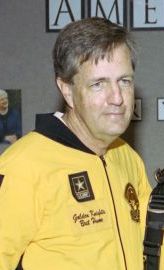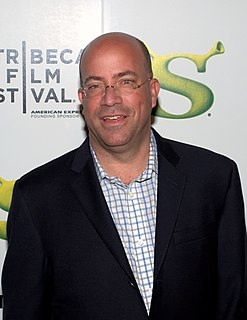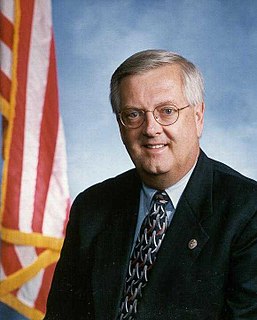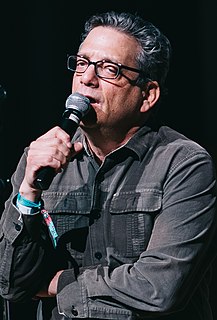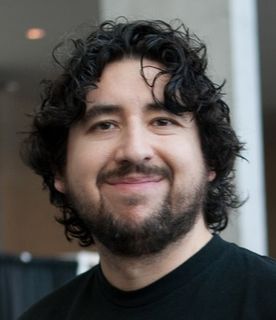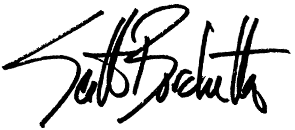A Quote by Roshni Nadar
Media really excited me. As an undergrad, I majored in radio, television, and film and did internships with CNBC and CNN. My first job was at Sky News in London.
Related Quotes
When CNN launched in the early 1980s, everybody said: A 24-hour news network won't work. They launched, they did ok, CNN went almost bankrupt because of the risks they had taken, they got bailed out, and 25 years later CNN is a huge global brand. I think the same is going to happen in digital. If you look at the younger generation, there is a huge consumption of digital media and almost no consumption of print or traditional television. Eventually money will follow that. It is just a question of which companies win, how long it takes to get there and what kind of model you need to apply.
When I got out of undergrad, I had a degree in theater and telecommunications. My first job, I was a news reporter for the local stories for NPR. Then I was a country-western DJ. I did data entry for a yearbook company. In my mid-20s I went back to grad school at NYU, and I specialized in playwriting.
